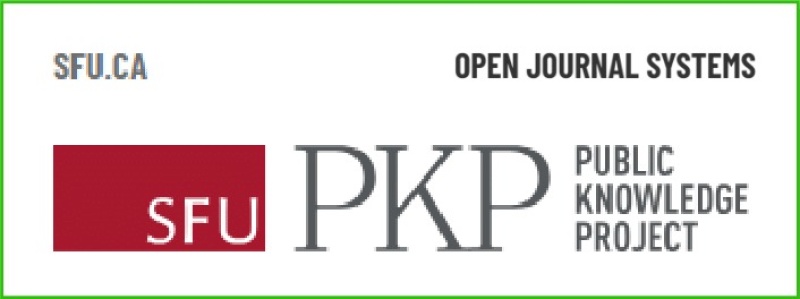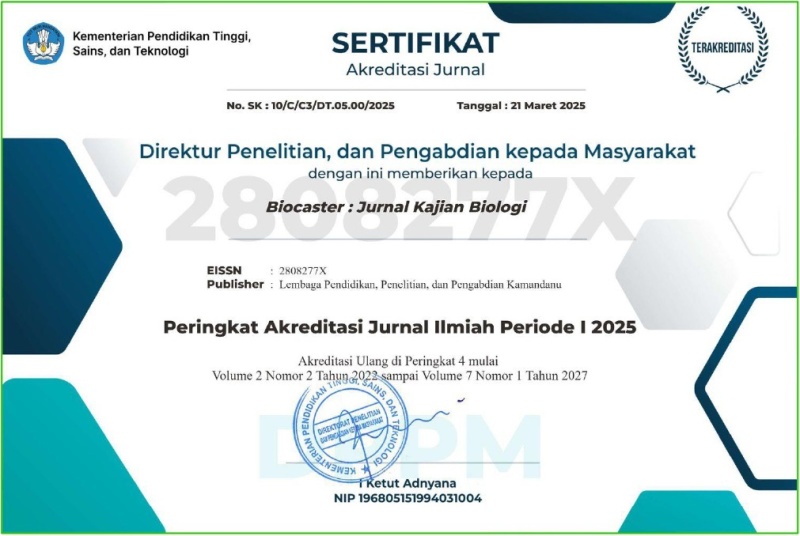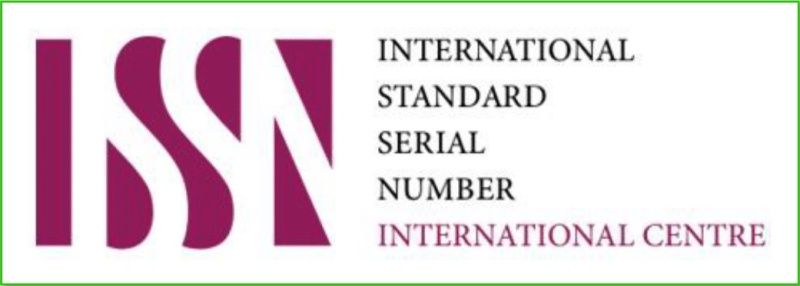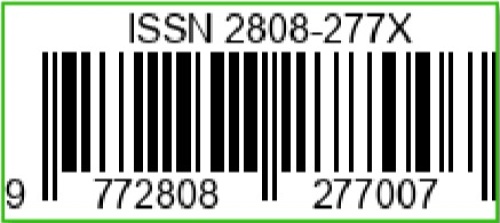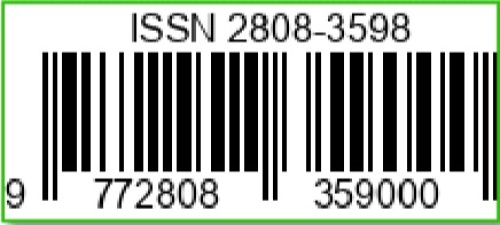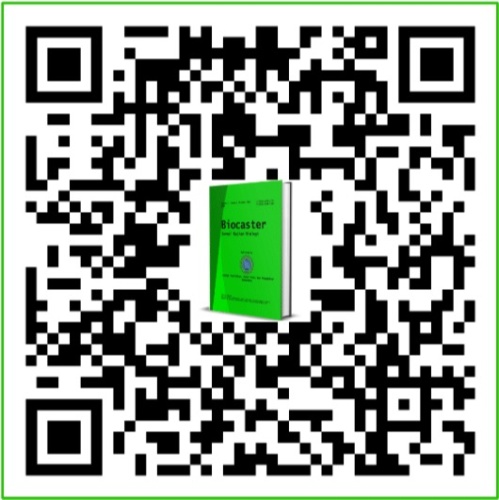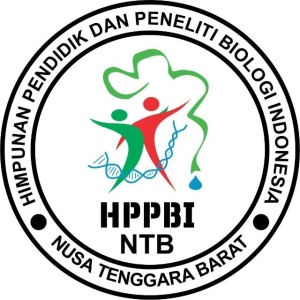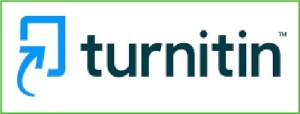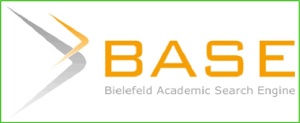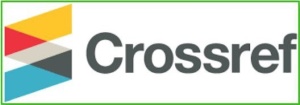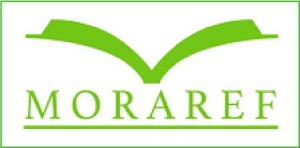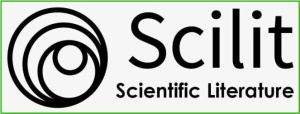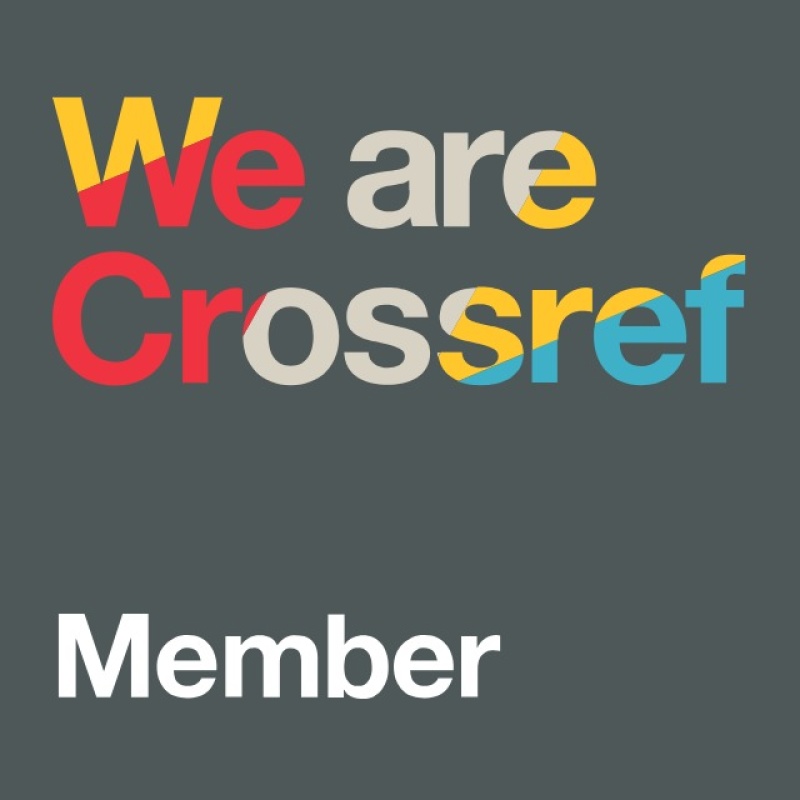Pengaruh Model Pembelajaran Problem Based Learning (PBL) Berbantuan LKPD Liveworksheets terhadap Hasil Belajar Siswa Kelas VII pada Mata Pelajaran IPA di SMP Negeri 37 Samarinda
DOI:
https://doi.org/10.36312/biocaster.v5i4.705Keywords:
Learning Outcomes, LKPD Liveworksheets, PBL Learning ModelAbstract
Seventh-grade students of SMP Negeri 37 Samarinda face problems in science learning, namely not achieving learning mastery. The learning process is still dominated by conventional teacher-centered methods that cause students to tend to be passive and learning media are less varied, so that learning activities are not effective. To overcome these problems, this study applies the Problem Based Learning (PBL) learning model assisted by LKPD Liveworksheets which encourages students to think critically and actively to be able to solve problems thoroughly and completely. This study aims to determine the effect of the problem based learning model assisted by LKPD Liveworksheets on the learning outcomes of seventh-grade students in science subjects at SMP Negeri 37 Samarinda. The type of research used is quantitative research with a quasi-experimental method using a non-equivalent control group design. The research sample was selected by purposive sampling consisting of classes VIIC and VIID with a total of 44 students. Data analysis was carried out using the independent sample t test and the N-Gain test. Based on the data analysis, the t-test obtained a significance value of 0.004 (p < 0.05), indicating a significant difference between the learning outcomes of students in the experimental and control classes. Furthermore, the N-Gain analysis showed that the experimental class obtained a score of 0.63, which is in the moderate category, while the control class obtained a score of 0.57, also in the moderate category. These findings indicate that the implementation of the Problem-Based Learning (PBL) model assisted by Student Worksheets (LKPD) based on liveworksheets has a positive impact on improving student learning outcomes in Natural Science (IPA) for seventh graders at SMP Negeri 37 Samarinda.
Downloads
References
Andriyani, N., Hanafi, Y., Safitri, I. Y. B., & Hartini, S. (2020). Penerapan Model PBL Berbantuan LKPD Liveworksheets untuk Meningkatkan Keaktifan Mental Siswa pada Pembelajaran Kelas Va SD Negeri Nogopuro. In Prosiding Pendidikan Profesi Guru (pp. 122-130). Yogyakarta, Indonesia: Fakultas Keguruan dan Ilmu Pendidikan, Universitas Ahmad Dahlan.
Andryannisa, M. A., Wahyudi, A. P., & Sayekti, S. P. (2023). Upaya Meningkatkan Hasil Belajar Siswa dengan Menggunakan Metode Resitasi pada Mata Pelajaran Akidah Akhlak di SD Riyadhul Jannah Depok. Jurnal Pendidikan Sosial dan Humaniora, 2(3), 11716-11730.
Angraini, L., Fitri, R., & Darussyamsu, R. (2020). Model Pembelajaran Problem Based Learning untuk Meningkatkan Hasil Belajar Biologi Peserta Didik: Literature Review. Jurnal Pembelajaran Biologi, 11(1), 42-49. https://doi.org/10.20961/bio-pedagogi.v11i1.62436
Ariyanti, I., & Yunus, M. (2021). Pelatihan dan Pendampingan Guru SMP dalam Penyusunan Lembar Kerja Peserta Didik Menggunakan Liveworksheets. Jurnal Masyarakat Mandiri, 5(4), 1397-1407. https://doi.org/10.31764/jmm.v5i4.4841
Creswell, J. W., & Creswell, J. D. (2018). Research Design: Qualitative, Quantitative, and Mixed Methods Approaches (Edisi ke-5). Thousand Oaks: Sage Publications.
Efendi, I., & Safnowandi, S. (2016). Peningkatan Keterampilan Sosial dan Hasil Belajar Kognitif Siswa melalui Metode Belajar Aktif Tipe GGE (Group to Group Exchange). JUPE : Jurnal Pendidikan Mandala, 1(1), 42-49. http://dx.doi.org/10.58258/jupe.v1i1.54
Handayani, A., & Koeswanti, H. D. (2021). Meta-Analisis Model Pembelajaran Problem Based Learning (PBL) untuk Meningkatkan Kemampuan Berpikir Kreatif. Jurnal Basicedu, 5(3), 1349-1355. https://doi.org/10.31004/basicedu.v5i3.924
Hasanah, U., Sarjono, S., & Hariyadi, A. (2021). Pengaruh Model Pembelajaran Problem Based Learning terhadap Prestasi Belajar IPS SMP Taruna Kaedung Adem. Aksara : Jurnal Ilmu Pendidikan Nonformal, 7(1), 43-52. https://dx.doi.org/10.37905/aksara.7.1.43-52.2021
Hurrahma, M., & Ike, S. (2022). Efektivitas E-LKPD Berbasis Liveworksheets dalam Meningkatkan Hasil Belajar Sosiologi Peserta Didik di Kelas XI IPS SMA N 5 Padang. Jurnal Sikola : Jurnal Kajian Pendidikan dan Pembelajaran, 4(1), 14-22. https://doi.org/10.24036/sikola.v4i1.193
Ismail, S. (2022). Pengaruh Penggunaan Model Pembalajaran Berbasis Proyek “Project Based Learning” terhadap Hasil Belajar Fisika Peserta Didik Kelas X IPA SMA Negeri 35 Halmahera Selatan pada Konsep Gerak Lurus. Jurnal Ilmiah Wahana Pendidikan, 8(5), 249-255. https://doi.org/10.5281/zenodo.6466592
Kartini, D., Nurohmah, A. N., Wulandari, D., & Prihantini, P. (2022). Relevansi Strategi Pembelajaran Problem Based Learning (PBL) dengan Keterampilan Pembelajaran Abad 21. Jurnal Pendidikan Tambusai, 6(2), 9092-9099. https://doi.org/10.31004/jptam.v6i2.3842
Lutfiah, W., Anisa, A., & Hilmi, H. (2021). Pengaruh Model Pembelajaran Problem Based Learning terhadap Hasil Belajar Biologi. Jurnal Ilmu Pendidikan, 3(4), 2092-2098. https://doi.org/10.31004/edukatif.v3i4.1090
Nasution, K., Zulyusri, Z., Ristiono, R., & Anggriyani, R. (2023). Pengaruh Model Pembelajaran Tipe Teams Games Tournament (TGT) tentang Materi Psikotropika terhadap Hasil Belajar Peserta Didik. Jurnal Tambusai, 7(2), 17539-17545. https://doi.org/10.31004/jptam.v7i2.9142
Nurchaili, N. (2016). Pengaruh Media Pembelajaran Berbasis Teknologi Informasi dalam Proses Pembelajaran Kimia terhadap Peningkatan Hasil Belajar Siswa. Jurnal Pendidikan dan Kebudayaan, 16(6), 648-658. https://doi.org/10.24832/jpnk.v16i6.493
Nurrita, T. (2018). Pengembangan Media Pembelajaran untuk Meningkatkan Hasil Belajar Siswa. Misykat, 3(1), 171-176. https://doi.org/10.33511/misykat.v3n1.171-210
Rachmawati, N. Y., & Brilian, R. (2021). Pengaruh Model Pembelajaran Problem Based Learning (PBL) terhadap Kemampuan Berpikir Kritis dan Pemecahan Masalah pada Mata Pelajaran Administrasi Umum Kelas X OTKP di SMK Negeri 10 Surabaya. Jurnal Pendidikan Administrasi Perkantoran, 9(2), 246-259. https://doi.org/10.26740/jpap.v9n2.p246-259
Saputri, H. A. S., Zulhijrah, Z., Larasati, N. J., & Shaleh, S. (2023). Analisis Instrumen Assesmen: Validitas, Reliabilitas, Tingkat Kesukaran dan Daya Beda Butir Soal. Jurnal Ilmiah PGSD FKIP Universitas Mandiri, 9(5), 2986-2995. https://doi.org/10.36989/didaktik.v9i5.2268
Sarumaha, M. (2021). Pengaruh Model Pembelajaran Nominal Group Technique (NGT) terhadap Hasil Belajar Biologi. Jurnal Education and Development, 9(2), 631-635.
Syafiroh, A., & Ahmad, S. (2025). Efektivitas Penggunaan E-LKPD Berbasis Liveworkheets dalam Meningkatkan Hasil Belajar Peserta didik Mapel Fikih Kelas VII MTs Hasyim Asy’ari Kradenan Blora. Jurnal Pendidikan dan Kajian Keislaman, 7(1), 1-17. https://doi.org/ 10.32665/alaufa.v7i01.4380
Utami, A. R., Suhendri, S., & Dian, P. (2019). Hubungan antara Kreativitas Guru dengan Hasill Belajar Siswa. Jurnal Bimbingan dan Konseling, 4(2), 56-62.
Downloads
Published
How to Cite
Issue
Section
License
Copyright (c) 2025 Aulia Ayu Oktavia, Akhmad, Dora Dayu Rahma Turista, & Suparno Putera Makkadafi

This work is licensed under a Creative Commons Attribution-ShareAlike 4.0 International License.
-
Attribution — You must give appropriate credit, provide a link to the license, and indicate if changes were made. You may do so in any reasonable manner, but not in any way that suggests the licensor endorses you or your use.
-
ShareAlike — If you remix, transform, or build upon the material, you must distribute your contributions under the same license as the original.


